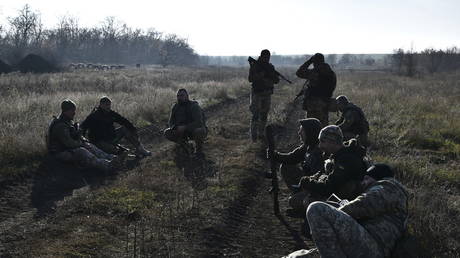ARTICLE AD BOX
Several antipsychotic treatments given to patients with dementia have been linked to serious side effects including heart failure, a study has found.
The study, published in the British Medical Journal, said: “The use of antipsychotics in people with dementia is associated with a wide range of serious adverse outcomes including stroke, blood clots, heart attacks, heart failure, fractures, pneumonia and acute kidney injury.”
Scientists found that the highest risks occur when treatment begins, "underscoring the need for increased caution in the early stages of treatment."
It is noteworthy that the antipsychotics, risperidone, quetiapine, haloperidol and olanzapine, are usually prescribed to patients suffering from psychotic disorders such as schizophrenia. It is also used to treat depression that is particularly resistant to other medications, as well as to treat patients with dementia, such as Alzheimer's disease.
Antipsychotics do not treat these diseases, but they aim to calm some symptoms such as aggressive behavior.
These treatments are highly controversial due to their serious side effects and limited effectiveness.
The British Medical Journal states that the new study is “observational” and that “no firm conclusions can be drawn about cause and effect.”
However, many neurologists praised the study at a time when antipsychotic prescriptions have been booming since the Covid-19 pandemic.
.png)
 7 months ago
15
7 months ago
15









 English (US)
English (US)